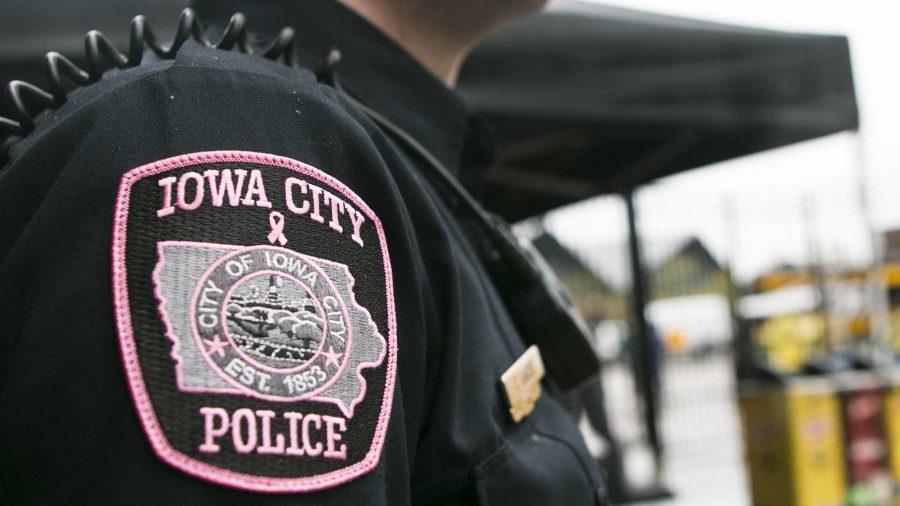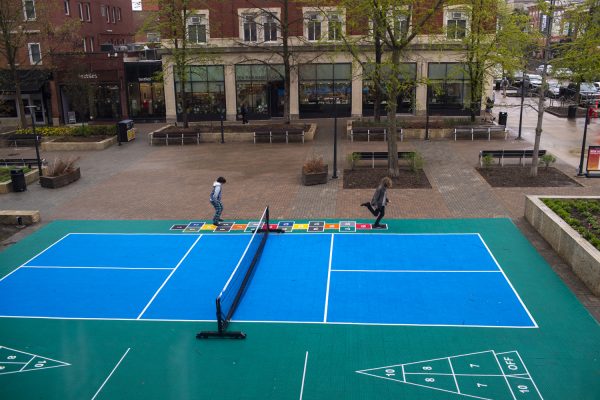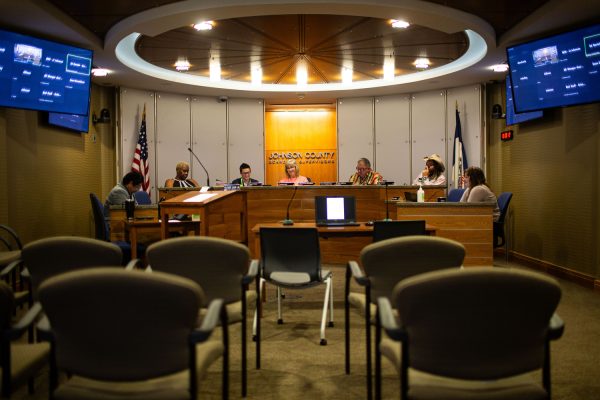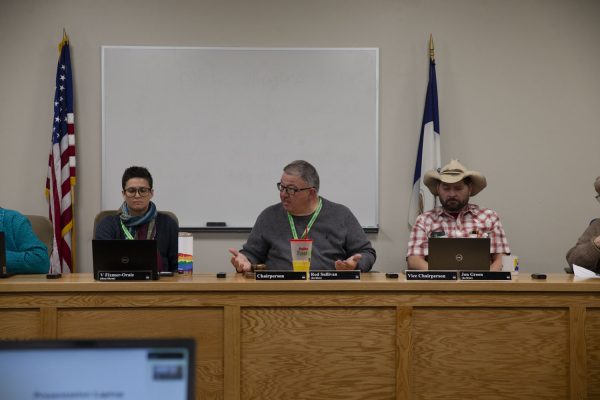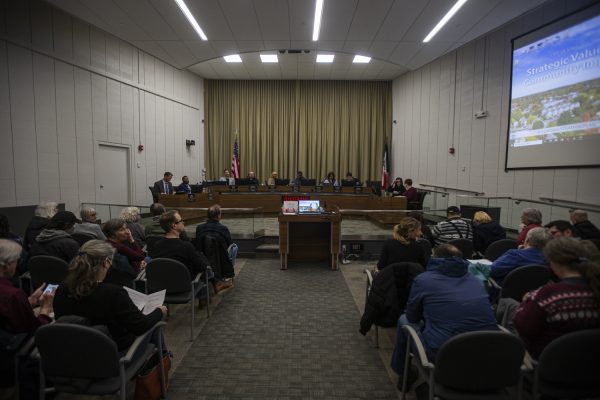Iowa City police launch program to help locate wandering people
The Iowa City Police Department emphasizes the importance of the LOST initiative, especially during Alzheimer’s Awareness Month
An Iowa City police officer displays a pink patch on Saturday, Oct. 7, 2017. (Joseph Cress/The Daily Iowan)
November 16, 2018
November is Alzheimer’s Awareness Month, and Project Lifesaver and the Iowa City police have created the Loved Ones Safe and Together initiative that can aid individuals with Alzheimer’s.
Project Lifesaver is an international search and rescue program aimed at helping locate individuals with behavior that causes them to wander. According to its website, Project Lifesaver has been “the only nonprofit organization actively educating and equipping public-safety agencies in the protection, search, and safe recovery of special-needs wanderers” since 1999.
The IC police launched the LOST initiative in collaboration with the Lifesaver Project and the East Central Iowa Chapter Alzheimer’s Association, University of Iowa Stead Family Children’s Hospital Autism Center, and other organizations.
The program originally began in 2015.
“Individuals who suffer from Alzheimer’s disease, autism, or other medical conditions that involve memory loss or confusion may wander away from their home,” police Sgt. Doug Hart said. “In these situations, police officers are called to assist in locating them.”
RELATED: Virtual reality aids Alzheimer’s research
Sadie Peterson of the Iowa Chapter of the Alzheimer’s Association said participants are encouraged to sign up for the program. The process is initiated by entering information into a database that is imperative in locating the lost person.
“Should they wander, we easily have access to things that they like, their names, extra information,” she said. “So if they do report that so-and-so has wandered, we have a starting point of where they could look, how to approach the person.”
Hart said the database also contains information such as physical description, birth date, a photograph, potential activities, where they may be heading or where they have been found when lost previously, and what symptoms they may exhibit when located by the police officer.
Additional information can include communication differences or techniques, unusual behaviors, sensory needs, triggers, and ways to effectively interact with the individual.
Sgt. Derek Frank of the IC police said there are several people signed up for the program, and he is hopeful about signing more participants.
“We have the capability of getting it out to more people, and we just need to try to get the word out to people who are interested, try to get them to sign up,” he said.
Frank and Peterson said wandering persons who go missing in Iowa City have the advantage of extensive resources and a large population of people who can identify them.
Wandering persons in smaller cities and rural areas are not so lucky.
“There are not that many people to look out for them,” Peterson said. “There’s a woman who sadly had dementia and wandered away in rural Iowa, and she had passed away because she got lost in the middle of a cornfield, and they couldn’t find her.”
Peterson said the Iowa Chapter of the Alzheimer’s Association wants to initiate efforts to install a program such as LOST in rural areas of Iowa.
“It’s just a matter of actually initiating a conversation, and devising a campaign, and pitching a way to have these projects stabilized,” she said. “That’s definitely on the back burner here.”



